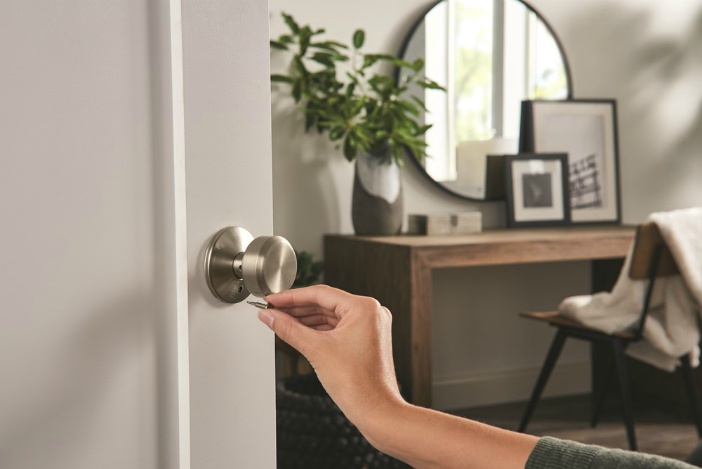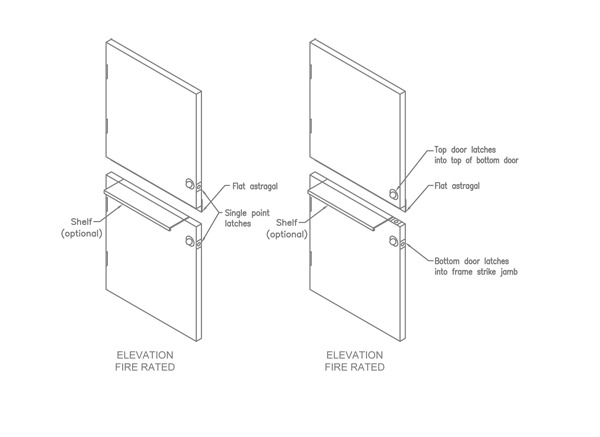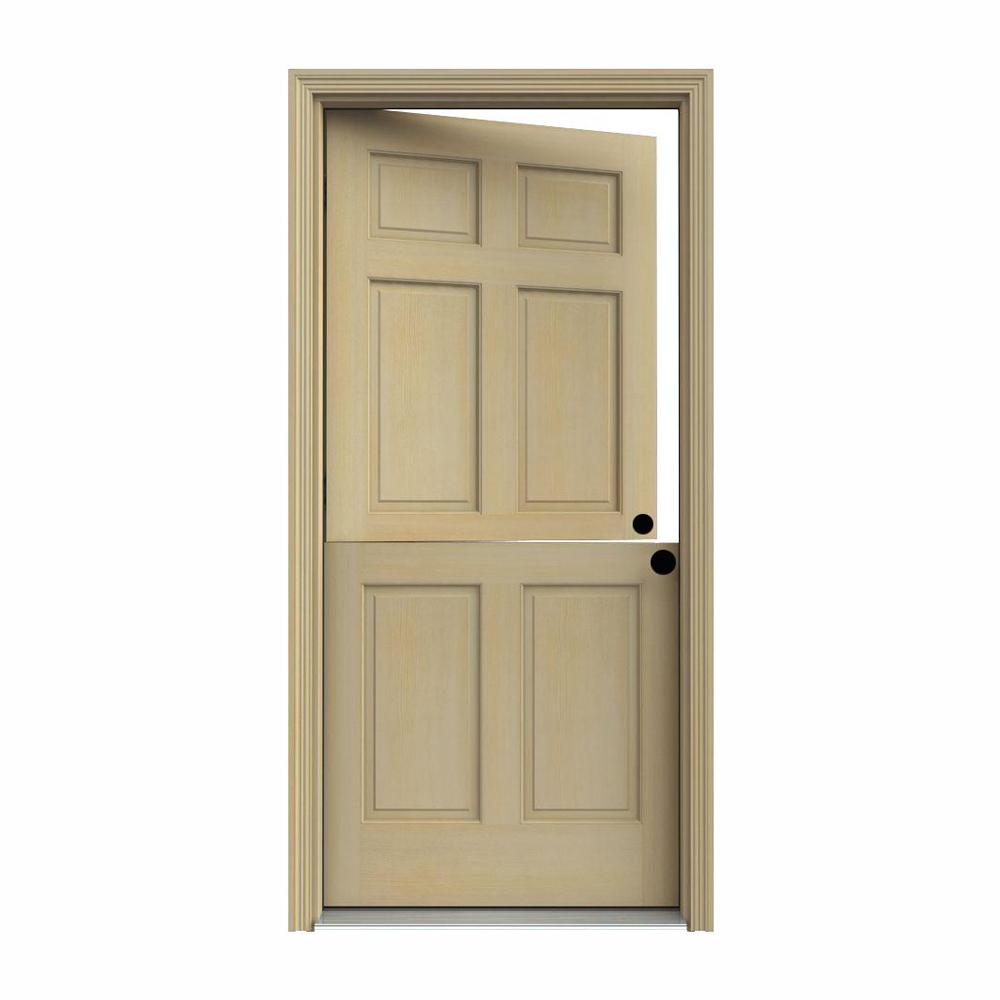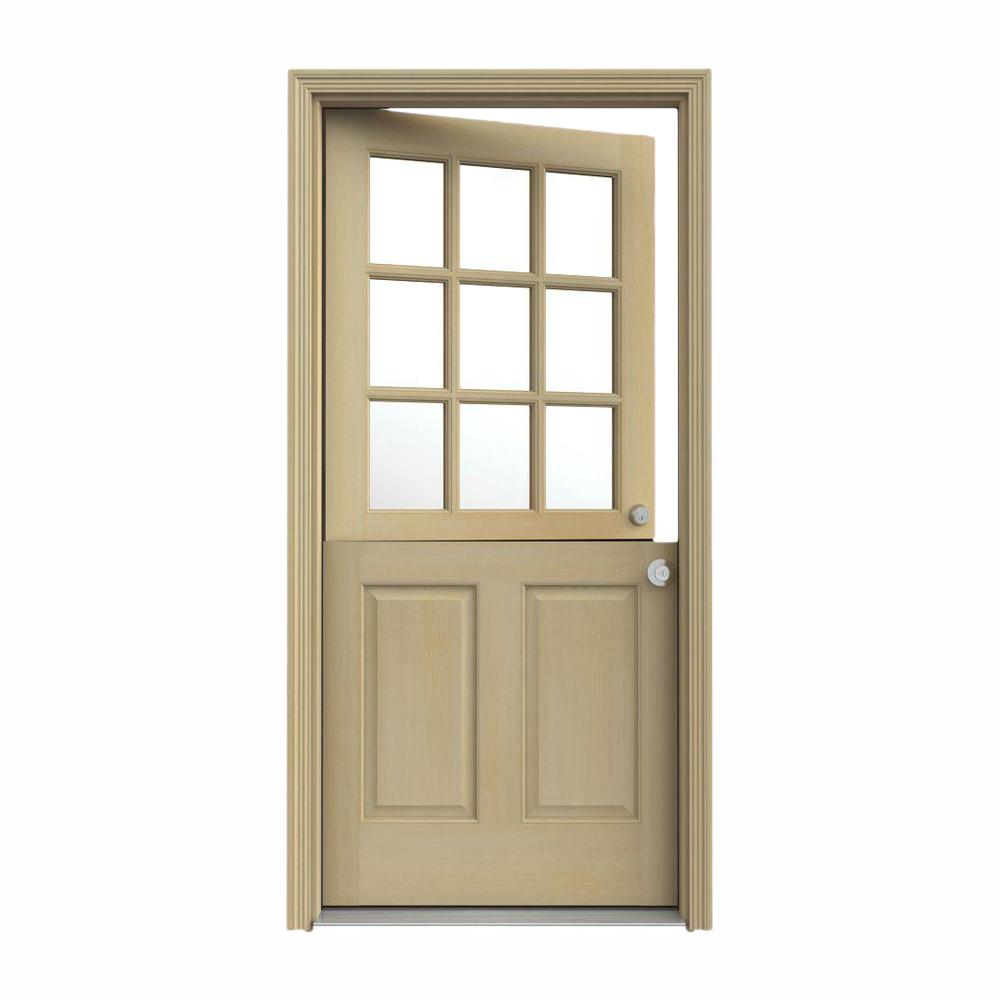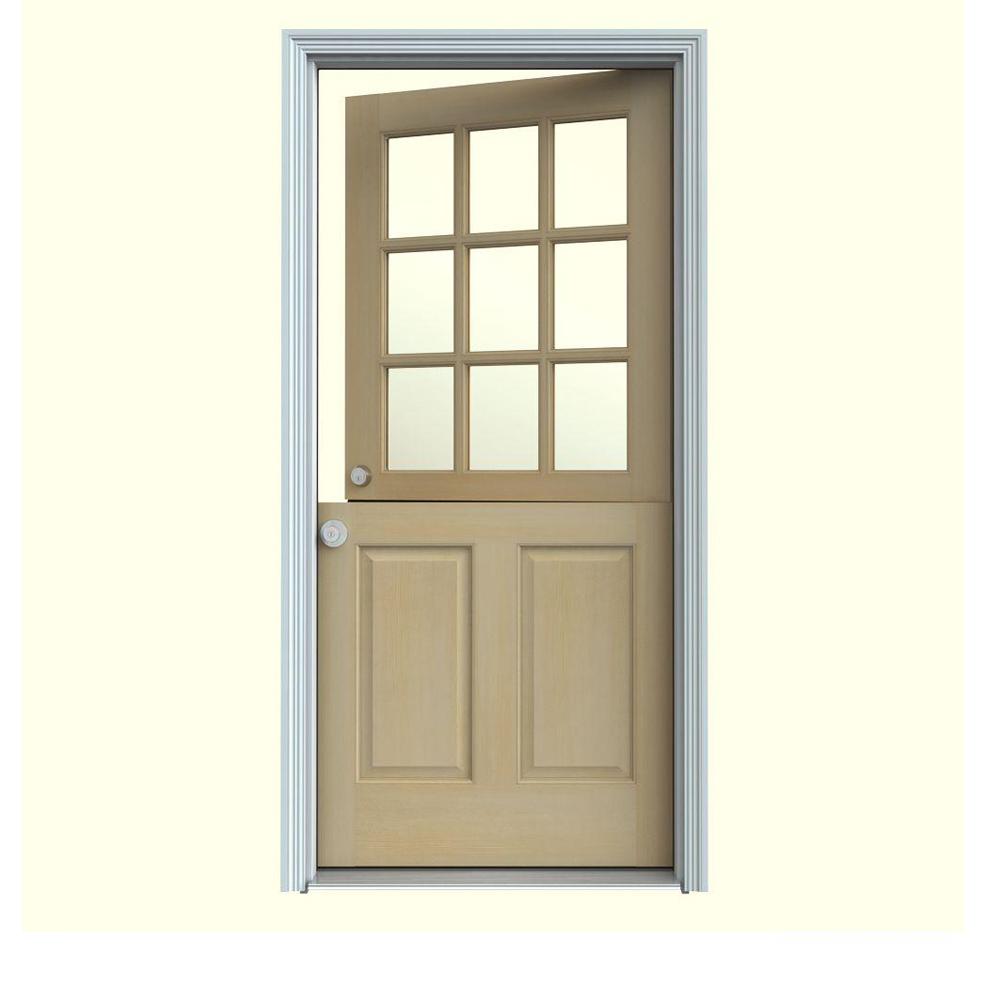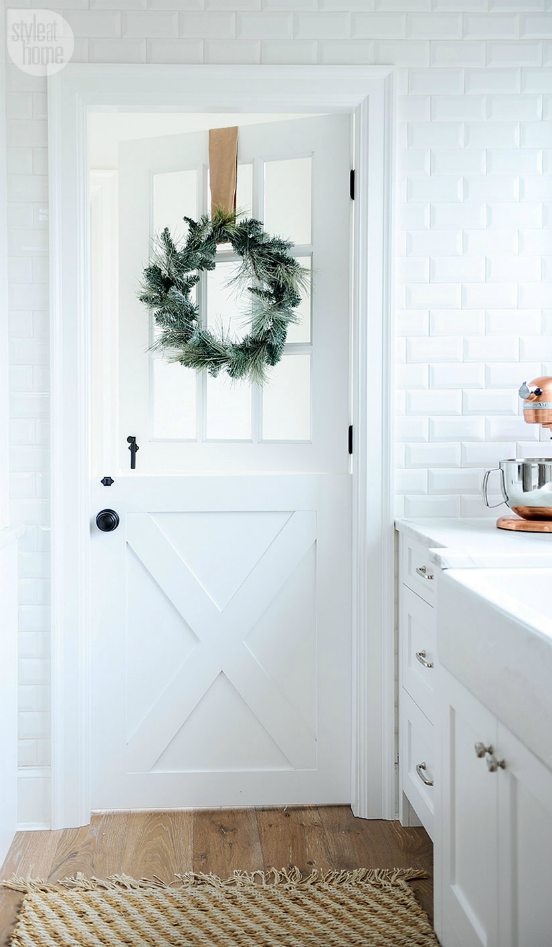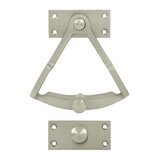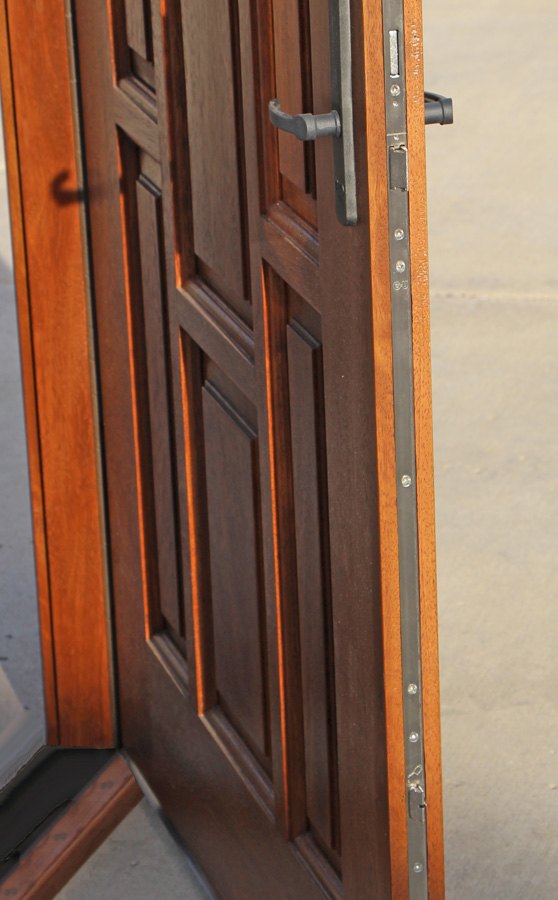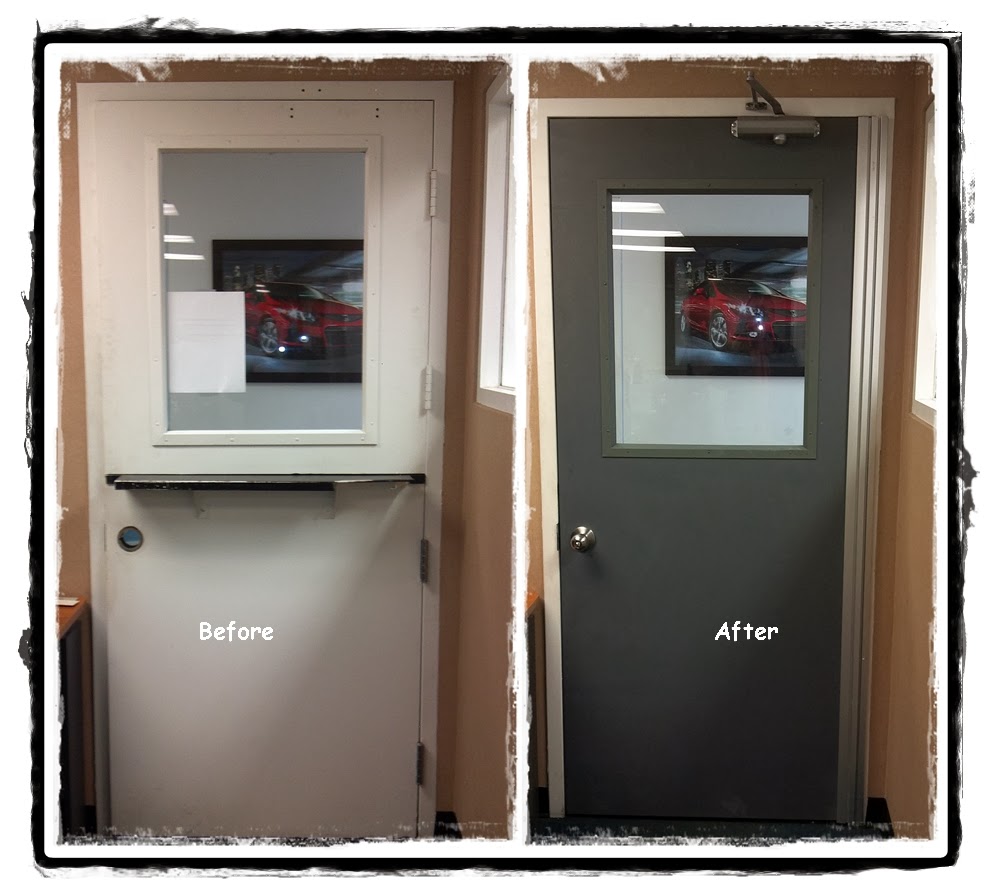Dutch Door Lock Placement
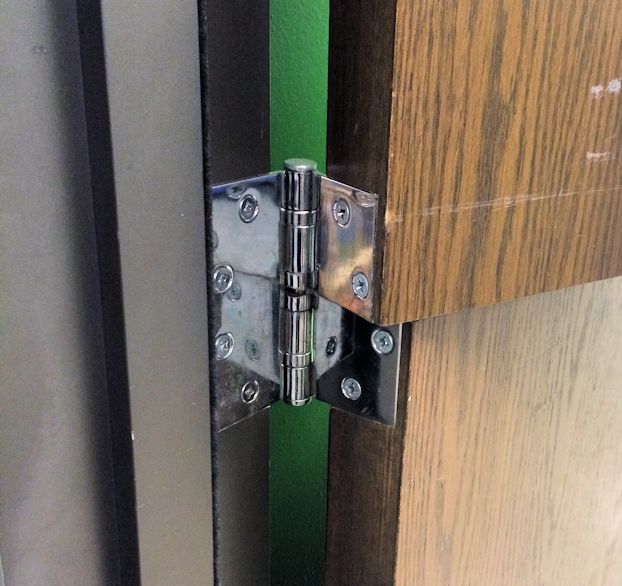
All standard bored locks ansi 115 2 161 61l type for mortise lock ansi 115 1 86 type all locations must be altered 3 8 lower and standard strike asa type.
Dutch door lock placement. If you 39 re going to actively use your bicycle and leave it on the streets you have to lock it properly. Use the try square to make a light 3 inch long horizontal line perpendicular to the grain inward from the mark. Locks knobs and handles are always installed on the bottom door. I can easily lock and unlock my dutch door through the app as well as from the touchscreen.
There are about three kinds of dutch door locks. The backset is the corresponding vertical mark needed to center the knob. Formed with the same 16 gauge steel then powder coat painted to match the door frame and assembled into the dutch door. Slide lock and slide fold.
The closer it is to the center of the door the more protection it provides. Door guard and latch. These directions are for dutch door interior installation. Measure up vertically from the bottom corner of the door and make a mark on the edge of the door at the desired height.
Then it is time to install the dutch door lock. The only line of defense against bike thieves is a bike lock. Manufacturers 6 8 7 0 8 0 1st hinge 2nd hinge 3rd hinge strike 1st hinge 2nd hinge 3rd hinge strike 1st hinge 2nd hinge 3rd hinge 4th hinge strike amweld 7 1 2 37 7 16 67 3 8 39 11 16 7 1 2 39 7 16 71 3 8 43 11 16 7 1 2 32 13 16 58 1 8 83 7 16 55 11 16 ceco 6 3 4 37 3 4 68 3 4 38 3 16 6 3 4 39 3 4 72 3 4 42 3 16 6 3. Matching screws secure each corner and the center of the crossbuck providing a decorative finish and adding strength.
All door corner brackets. First set the slider in place with the door shut and draw around it. Opening heights 3 0 through 4 11 15 16 centered in door height not frame. On this door we went with a downward sliding lock in the same color brass as the doorknob.
For dutch door exterior installation you want to make sure the door is airtight as well. If it s too close to the top or bottom an. This is true whether your knobs and handles are real or dummy. A typical placement is one or two feet above the knob but it can be lower.
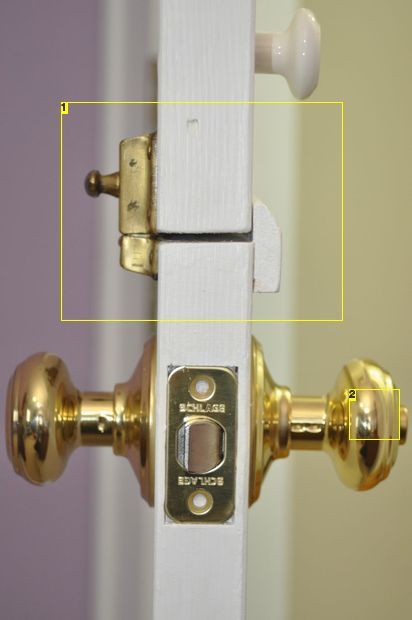

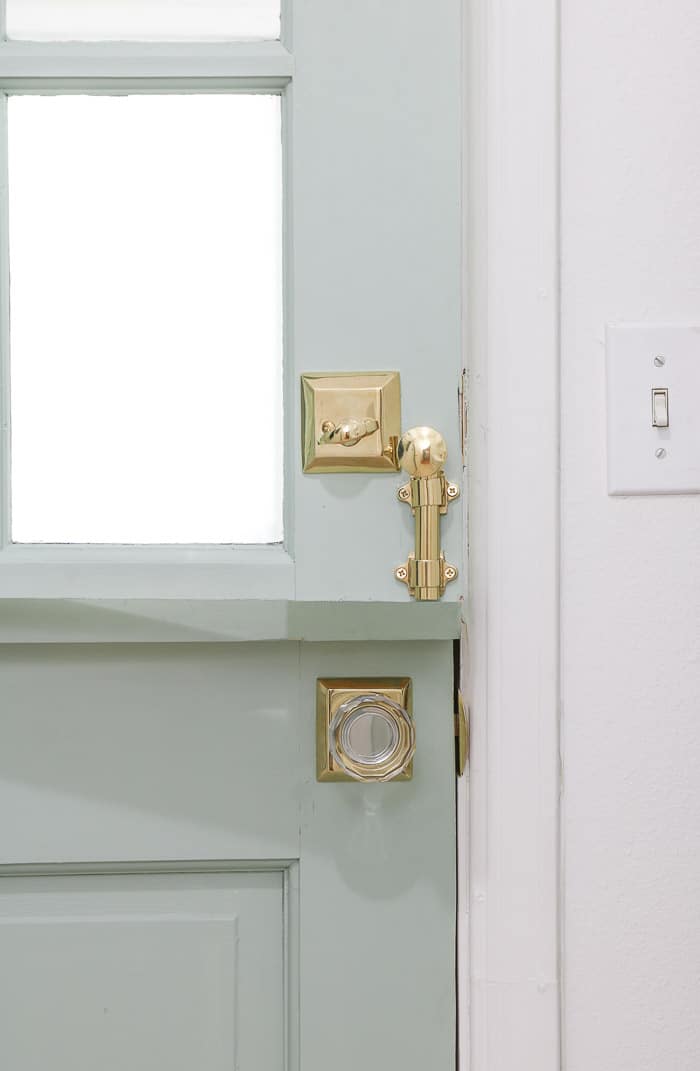
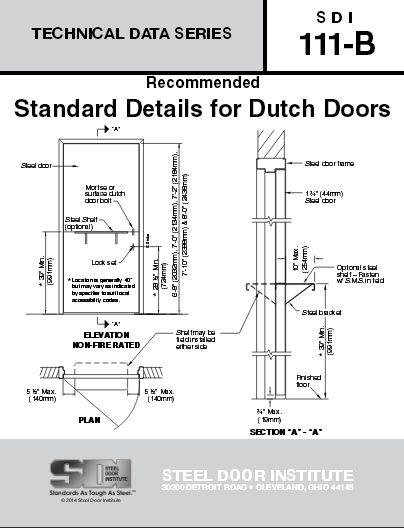
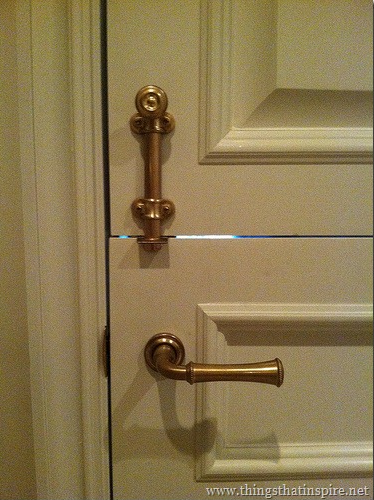




/cdn.vox-cdn.com/uploads/chorus_asset/file/19616672/dutch_door.jpg)
